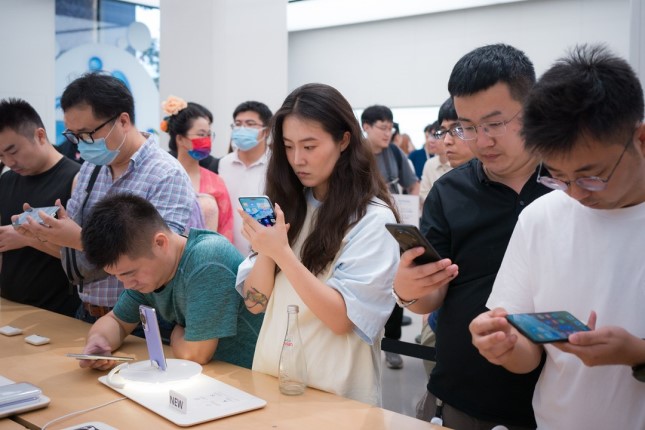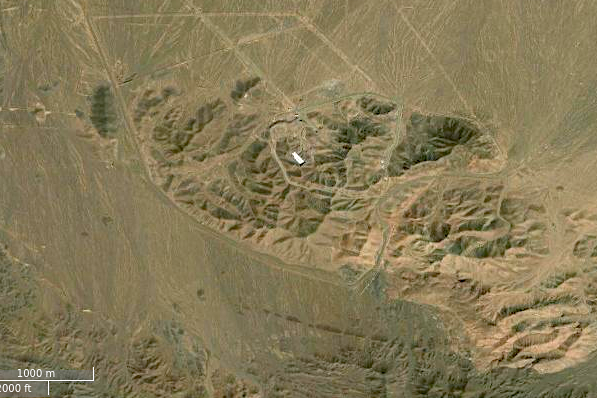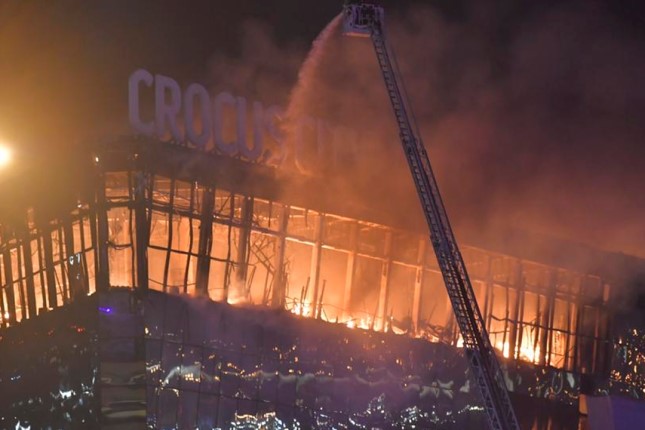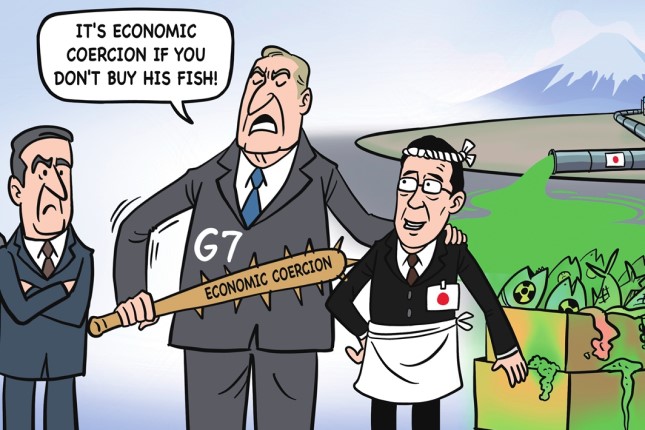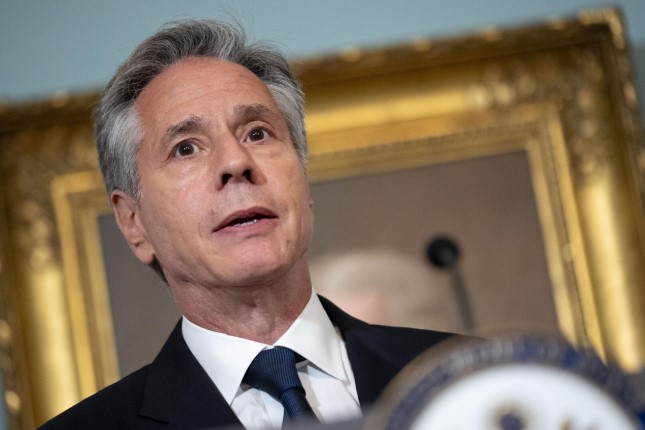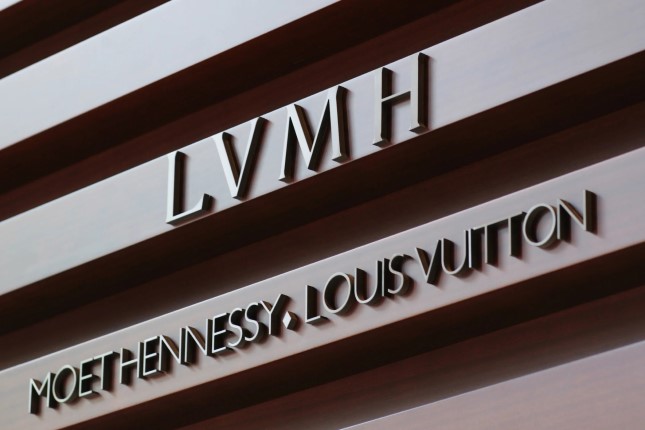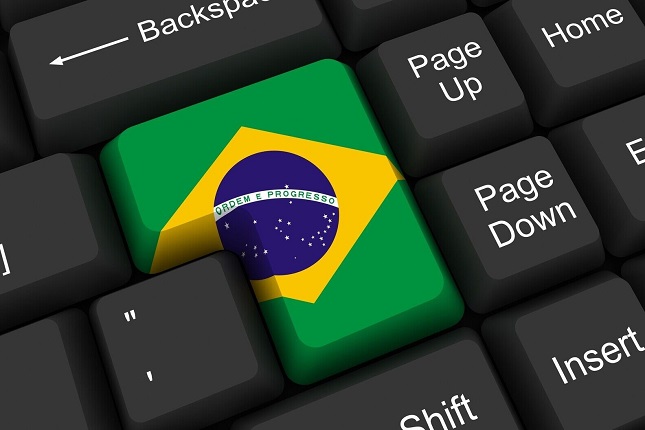With Apple's annual fall launch event coming soon, industry observers are closely monitoring the technological performance of its iPhone line-up and estimating potential sales, as Chinese tech giant Huawei rebounded with its new Mate series that experts believe will erode the iPhone's market share in the world's second-largest economy.
Despite uncertainties amid rising geopolitical tensions between China and the US, it is unreasonable to understate Apple's prospects in China by calling it a "pawn" as some Western media outlets have hyped, ignoring beefed-up efforts by the Chinese authorities to promote foreign-funded firms' investment in the country with its unswerving pledge of opening-up, experts noted.
Apple is expected to introduce the biggest change to the iPhone's design in 11 years on its new iPhone 15 series during the event on Tuesday (US time). Moreover, the Cupertino, California-based tech heavyweight could introduce USB-C charging to its smartphones for the first time, the change of which could ultimately streamline the charging process across various devices and brands, according to a CNN report.
Liu Dingding, a Beijing-based tech analyst, told the Global Times on Monday that Huawei's preemptive strategy in putting its cutting-edge new phones on the shelves right before Apple's key launch event has drawn enormous attention.
"Adding to the challenge to Apple is Huawei phones' heated sales across the country, because the two are major rivals in the high-end smartphone segment," Liu said.
Huawei kicked off online sales for the flagship Mate 60 Pro on September 3, triggering a buying spree among Chinese customers, with long queues at Huawei stores in many cities.
Less than two weeks after being put on sale, activations of Huawei's Mate 60 series shipments have exceeded 600,000 units, domestic media reports said, citing tech bloggers who said such a pace of activations is stellar given the overall slowdown of domestic phone shipments this year.
On August 29, Huawei unexpectedly announced the start of preorders for the phone, which industry analysts speculate is using a made-in-China 5G capable chipset.
Although Huawei has kept a low profile about the chip it used, observers, industry participants and netizens believe the unexpected launch highlights the firm's moment of rebirth, and shows China's ability to conduct independent technological research and development amid US' ruthless crackdown in the high-tech sector.
"It could be said that the Chinese firm has solved the US stranglehold at the current phase," Wang Chao, founder of the Wenyuan Institute for Politics and Economics, a Beijing-based think tank, told the Global Times on Monday.
Wang said that Huawei's efforts to build up an in-house, de-American industrial chain, as the market widely speculated, have paid off, which will guarantee the firm's stable supply of its new product to win back the market share it has lost over the past three years.
It is likely that with its Mate 60 series, Huawei could recapture about 10 percent of the market share from Apple in the high-end segment by the end of the year, according to Wang, which will pose a big challenge to its US rival.
In the second quarter, China surpassed the US to become the world's largest iPhone market, accounting for 24 percent of all iPhone shipments, according to market research firm TechInsights.
Market competition - in particular in the high-end segment - will intensify in China where the two rivals will wrestle for sales, analysts said. However, it is narrow-minded and unreasonable to unsettle the market with political factors as some Western media outlets have done.
The Chinese government is banning iPhone and other foreign-branded devices from use by workers at central government agencies, the Wall Street Journal reported on Wednesday, calling Apple "becoming just another game piece," and its business in China might come under threat.
"They are purposefully ignoring Chinese government's efforts since the start of the year to improve business environment for foreign-funded firms and bolster confidence in the private sector," Wang said.
China's negative list is continuously getting narrower, while it is the US that is extending its crackdown list, even including the Chinese-background social media TikTok, citing so-called national security, Wang noted.
Source: The Global Times.
